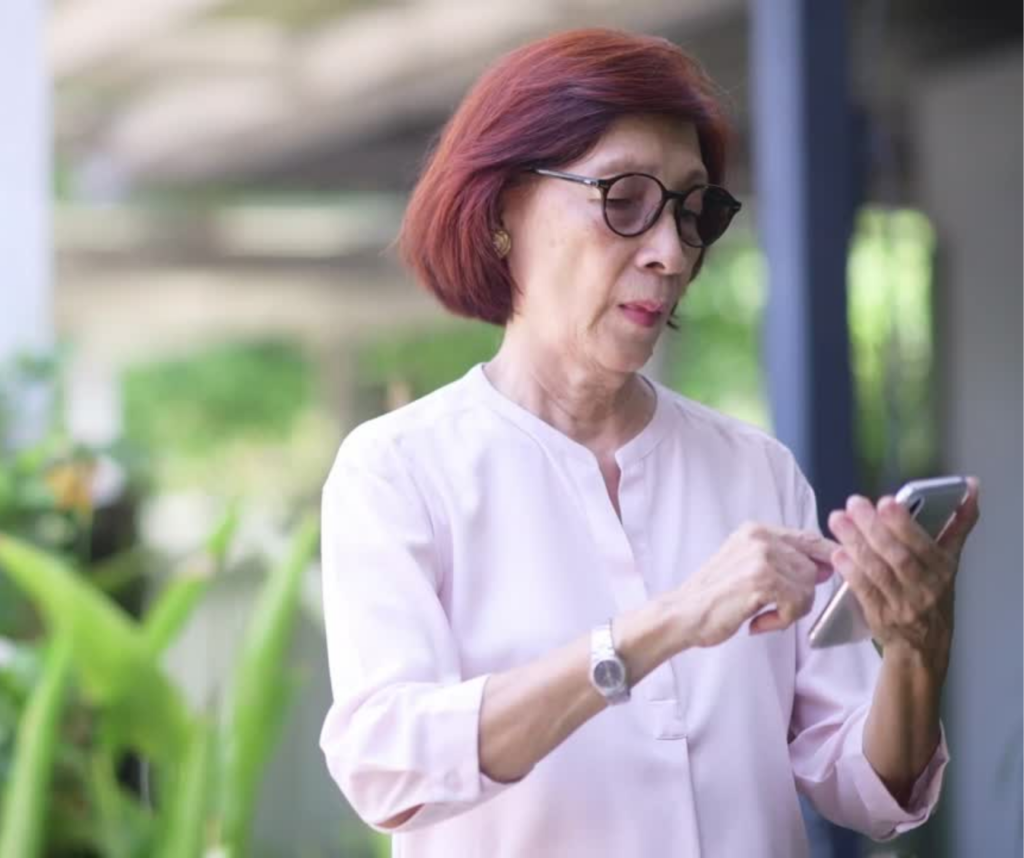Knowledge is prevention in this case!
The statistics are alarming in fact, may be underreported! According to experts on fraudulent scams targeting seniors, more than one in ten older Americans will be victims of financial theft each year to the tune of more than $2.9 billion. Yet shockingly, it is estimated by the Senate Special Commission on Aging that only one in 24 cases is reported. Why so?
Many seniors either realize they’ve been misled too late, and most unsuspecting victims do not know where to turn for help. Knowledge is prevention in this case; the more organized and vigilant you are to potential fraud, the safer you will be.

THE #1 RULE: “Never provide a stranger with personal information such as your address – and especially your Social Security number,” Lewes Senior Center’s executive director Dennis Nealen recently explained to a center member who came to the center for help after receiving a phone call from a stranger who claimed to be from Medicare and was confirming her address, phone number and SS# (he alarmingly already had it, but fortunately, she refused to confirm anything). She was advised of course to immediately contact Medicare as well as the IRS.
Medicare and medication fraud is a booming, illicit business! And creeping up quickly on the top ten list of abuse are numerous illegal internet scams: identity theft, sale of bogus medications and healthcare services, investment schemes and more.
Here are other devious scams you should know are out there, followed by ways to protect yourself. (And remember, these can be by CALL or by EMAIL)

- Funeral scams – imposters preying on mourning spouses to collect fake debt or “upsell” unnecessary funeral costs
- Relative Scams: a scammer poses as a family members (saying they’ve been in an accident and need hospital fees, or saying they’re a grandchild, “Hi Grandmom, Guess who?” and explains that they’re stuck and need you to send money.
- Fake charities: a scammer calls to play off your good intentions and ask for gifts to help those in need (especially following natural disasters)
- Homeowner scams: you’ll get a call for bogus home improvements requiring a large deposit
- Utility scams: imposters call, posing as employees and asking for sensitive information
- Investment scams: Pyramids schemes that are too good to be true, or selling reverse mortgages
- Pigeon Drop scams: “You won! You can get this large lump sum, all you need to do is pay a smaller sum now to secure it…”
- Asking for passwords to websites you use frequently
Knowing how to protect yourself is essential. Here are suggestions from trusted sources.
- Never, EVER reveal your SS number, DOB, account passwords. The IRS, Medicare and banks will NOT ask you to reveal this unless you prompted the inquiry.
- Block unknown callers with suspicious numbers. You can also SCREEN them. When they come in on a smartphone, instead of answering, you can press “SCREEN CALL”. Then the caller has to give an answer that you can read, before you choose whether to pick up or not! Consider adding your number to the National Do Not Call Registry.
- Consider if any hearing impairments are making it harder for you to identify scams. In this case (for you, or even for your parents) you may want to consider getting assistance. One idea is getting a Captioned Phone. (Federal funding under Title IV of the ADA means Clear Captions is able to provide their equipment and services at no expense to qualified users.) (Learn more)
- Don’t open emails from senders you don’t know (don’t be caught with their “phishing”). If you didn’t enquire, then don’t respond. They are baiting you with great prizes, great offers, but don’t take the bait.
- Consider subscribing to a password management system that will securely store all of your passwords. The typical person has an average of 130 accounts! Only share your phone password with your spouse or trusted relative/friend in case of emergency. (Read more)
- Make sure you have updated and adequate firewall security on your computers
- Monitor your account activity and annual credit report.
- Use Direct Deposit when available to lessen risk of stolen checks.
- Report ANY suspicious activity immediately. Report the scam to the FTC online, or by phone at 1-877-382-4357 (9:00 AM – 8:00 PM, ET).
- Shred any paper documents that include credit card info, and secure essential documents (pthese looprts, birth certificates, copies of driver’s license, etc.).
If you think you’ve been scammed, here are some top tips we’ve learned: 1) Let your bank know your financial information might have been stolen, 2) Reset your passwords, 3) Keep an eye on your accounts. AARP invites you to call their toll-free fraud helpline at 877-908-3360 if you or a loved one suspect you’ve been a victim.
Most importantly, be vigilant and savvy about where to look for help if you suspect potential fraud. Know how to protect yourself, your spouse and your heirs from heartbreaking consequences. Now, we all need to take a deep breath. The world is a beautiful, complicated but beautiful place. Let’s inform ourselves and get back out there. As you strive to learn more, don’t let the STRESS of all these unforeseen but seemingly imminent fears overwhelm you. Take a deep breath, and choose your next step. Perhaps it’s to RESEARCH, then take a look at some great resources and read more. Perhaps it’s to talk to the tech-savvy person in your life and ask if your computer firewall is adequate. Just take it one step at a time. Why not start with AARP articles on the subject?
RESOURCES
Caregiverstress.com, a video series for seniors and caregivers on fraud protection
Scams and Safety Page from the FBI with tips and contact information
National Council on Aging, articles and long list of resources
Delaware’s Fraud and Consumer Protection Division, legal information and reporting
Medicare.gov page link on how to identify, report or protect yourself from fraud
Elder Care Locator, a government resource for local senior services, elder law, etc.
Delaware Adult Protective Services, confidential reporting agency for senior exploitation

Howdy! This is my first visit to your blog! We are a team of volunteers and starting a new initiative in a community in the same niche.
Your blog provided us beneficial information to work
on. You have done a outstanding job! aid ukraine